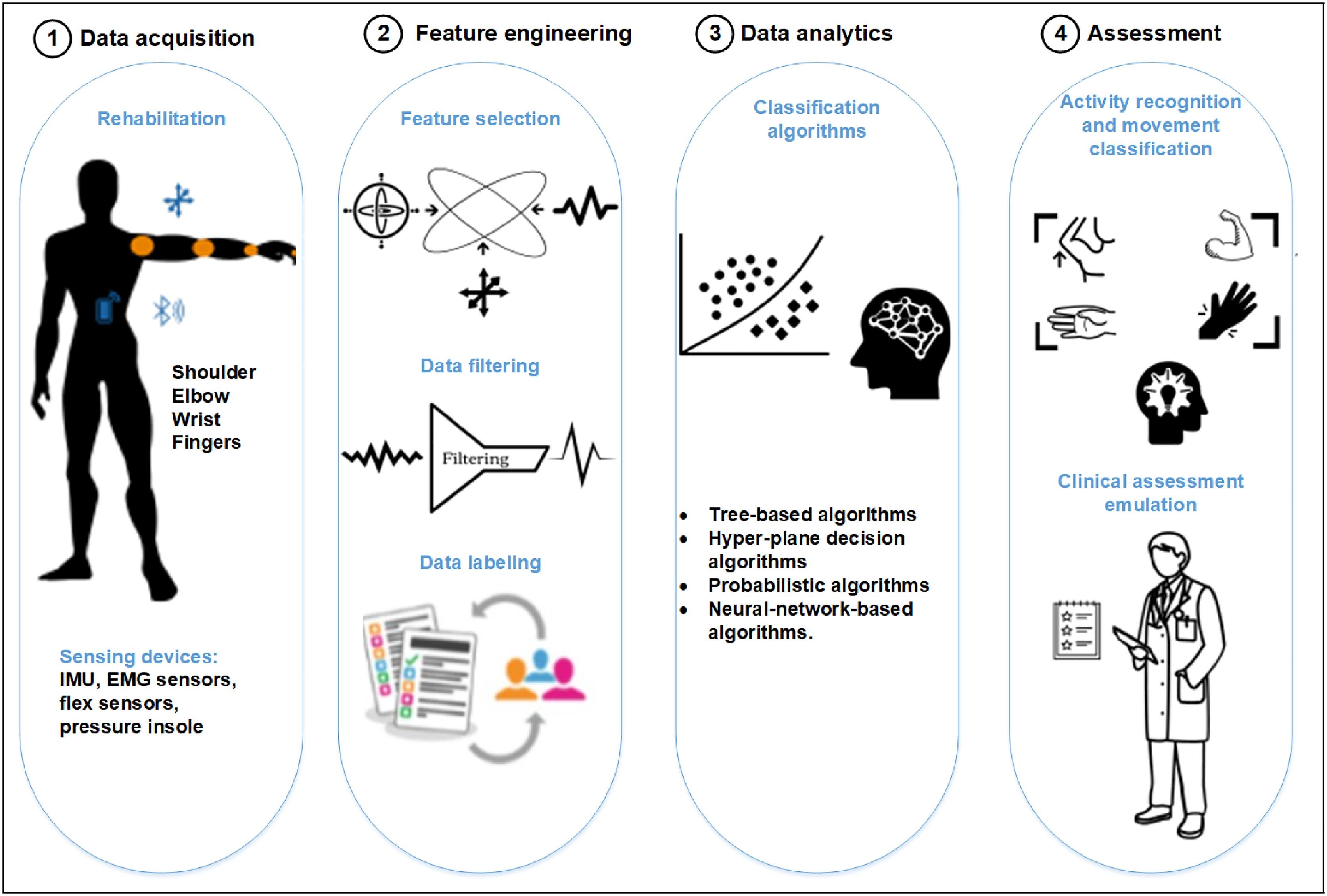The Lancet Global Health, Volume 10, January 2022
Latin America has been particularly hard hit by the COVID-19 syndemic, including the associated economic fallout that has threatened the livelihoods of most families. Social protection platforms and policies should have a crucial role in safeguarding individual and family wellbeing; however, the response has been insufficient to address the scale of the crisis.
The Lancet Regional Health - Western Pacific, Volume 18, January 2022
Background: Menstrual health is essential for gender equality and achieving the sustainable development goals. Though currently lacking, understanding and addressing menstrual health and social related inequalities requires comparison of experiences between menstruators with and without disabilities. Methods: We completed a mixed-methods population-based study of water, sanitation and hygiene, disability and menstrual health in TORBA and SANMA Provinces, Vanuatu.
EClinicalMedicine, Volume 43, January 2022


